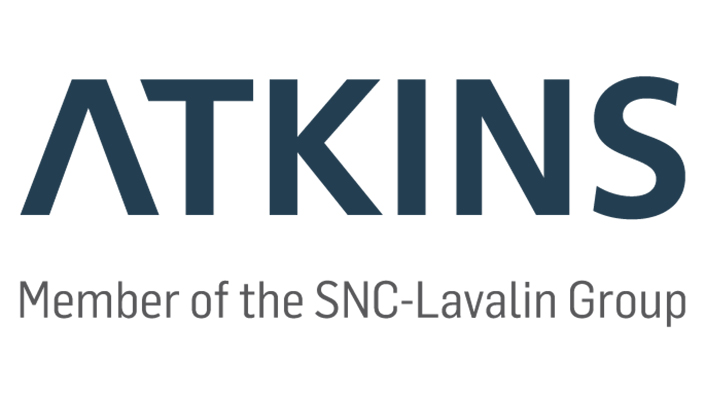We know that major projects in the defence sector require effective, decisive decision-making. But to do that decision-makers need to have the right information to hand, that takes as many factors as possible into account.
This is where simulations can help us, by looking forward, to see what might happen, or by using machine learning, that looks back to historic data, learning from what’s already happened in the past. Both are extremely useful techniques to deploy in an uncertain world, where cost, time and even human life may be on the line. But what’s missing from these two approaches – simulation and machine learning – is any way of knowing ‘why’ a decision might be a bad one, and why a project might be exposed to failure.
Let’s say a statistical model suggests a project will have 90% chance of success, that’s a 10% chance of failure. Shouldn’t we want to know why it’s so high, and exactly what that 10% is representing, so we can expose and challenge it, and avoid making the same mistake again?
Project managers of most large-scale defence, infrastructure and transportation projects, quite rightly, have to think big. They have to take the helicopter view, looking at the entire piece of work start to finish, end-to-end: the beginning, the process, and the final delivery of the project. But as we’ve established, project management is rarely a smooth, linear process. Issues crop up unexpectedly along the way and can cause severe disruption.
At Atkins, in my role as head of discipline for data science, as well as being president of the Institute of Mathematics and its Application, my passion for maths has underpinned recent work that focuses on the local, more granular aspects of a project: those smaller-scale stages where, inevitably, issues happen, that have a knock-on effect on the overall process.
While past successes and failures are crucial factors that decision-makers must consider before taking action, there are always many interacting factors and contradictory information that have to be digested before making a decision to act. While the machine learning approach may be able to capture the successes and failures of past decisions, machine learning cannot indicate how to optimise a strategy moving forward. It can’t predict what’s going to happen – only what has happened, and therefore its only able to execute a strategy based on what’s been learned in the past. Equally, the widely-used ‘what if’ Monte Carlo simulation, a model used to predict the probability of different outcomes when the intervention of random variables is present, may indicate how to optimise a forward-looking strategy, but it’s unable to capture the entire detail of past successes and failures at a significant level.
In other words, a machine learning algorithm will be able to tell you if the strategy will work but not why, and a Monte Carlo simulation will tell you how it works given uncertainty of the underlying assumptions. This has prompted our work on a new mathematical tool which uses the Markov chain theory; a model that describes a sequence of possible events in which the probability of each event depends only on the state attained in the previous event.
Our Markov chain machine learning simulation tool works as a hybrid of the forward-looking and backward-looking techniques we already have: it takes into account all of those micro interdependencies along the project management process, and pinpoints where issues are occurring locally. It pinpoints issues which loop-back and will create more issues that will get passed onto the next stage of the process if they’re not challenged – and exposes them, giving us the answer to our question: why.
This new development exemplifies again how data intelligence is hugely beneficial in managing complex military assets, but also, because it is transparent, it affords us a clear understanding of the situation at a local level and informs better decision-making – thus avoiding more delay, cost and disruption further down the line.
This is an enormously powerful asset, but not just in terms of making the right project management decisions on the ground, but also investment decisions for senior military decision-makers, and the ultimate success, safety and rigour of the overall project.

Dr Nira Chamberlain, PhD HonDSc
Nira is the Professional Head of Discipline for Data Science for Atkins, a member of the SNC-Lavalin Group. He is the current President of the Institute of Mathematics and its Application (IMA) and is a Visiting Fellow of Loughborough University Mathematical Sciences Department. In 2019 the Inclusive Tech Alliance named Nira as one of the Top 100 Most Influential Black, Asian and Minority Ethnic leaders in the UK’s Tech. Nira has two mathematical doctorates and has been listed by the PowerList Top 100 Most Influential people of African or African Caribbean heritage in UK for four years running (2018-2021). In 2001 Nira was a guest on BBC Radio 4’s The Life Scientific.

Want the best engineering stories delivered straight to your inbox? The Professional Engineering newsletter gives you vital updates on the most cutting-edge engineering and exciting new job opportunities. To sign up, click here.
Content published by Professional Engineering does not necessarily represent the views of the Institution of Mechanical Engineers.